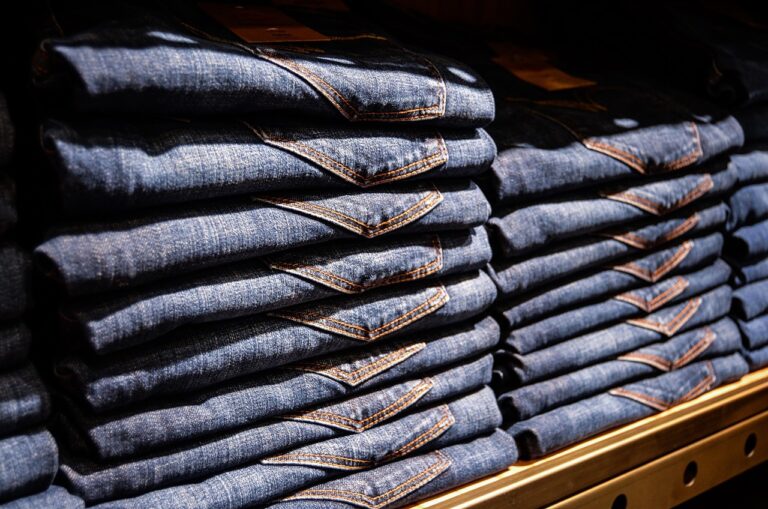Kitchenware for the Eco-Conscious Consumer: Tips for Sustainable Living
world 7 login, mahadev book id login, silver777 login: In today’s world, being eco-conscious is more important than ever. With increasing awareness about the impact of our consumption on the environment, many consumers are now looking for sustainable alternatives, even when it comes to their kitchenware. From reusable products to products made from eco-friendly materials, there are plenty of options available for the eco-conscious consumer. Here are some tips for sustainable living in the kitchen:
1. Choose reusable products: Instead of using single-use items like plastic bags or paper towels, opt for reusable products such as cloth napkins, silicone food storage bags, and bamboo utensils. These products not only help reduce waste but can also save you money in the long run.
2. Invest in durable kitchenware: When shopping for kitchenware, look for products that are built to last. High-quality items made from stainless steel, cast iron, or glass are not only more sustainable but also perform better than their disposable counterparts.
3. Opt for eco-friendly materials: Choose kitchenware made from sustainable materials like bamboo, cork, or recycled glass. These materials have a lower carbon footprint and are biodegradable, making them a better choice for the environment.
4. Support local artisans: Instead of purchasing mass-produced kitchenware from big-box stores, consider buying from local artisans or small businesses. Not only are you supporting the local economy, but you are also more likely to find unique, handcrafted items that are made with care and attention to detail.
5. Avoid toxic chemicals: When selecting kitchenware, be mindful of products that contain harmful chemicals like BPA or lead. Look for items that are labeled as non-toxic or food-safe to ensure the health and safety of your family.
6. Recycle and upcycle: Instead of throwing away old kitchenware, consider recycling or upcycling them into new items. For example, old glass jars can be used for storing spices or homemade sauces, while worn-out wooden cutting boards can be repurposed as serving platters.
7. Compost organic waste: Reduce your kitchen waste by composting food scraps and organic materials. Composting not only diverts waste from landfills but also creates nutrient-rich soil that can be used in gardening.
8. Use energy-efficient appliances: Upgrade your kitchen appliances to energy-efficient models that consume less electricity and water. Look for products with an Energy Star label to ensure that you are reducing your carbon footprint.
9. Reuse packaging: Instead of disposing of packaging from food items, find creative ways to reuse them. Glass jars can be used for storing bulk items, while cardboard boxes can be repurposed for organizing kitchen cabinets.
10. Educate yourself: Stay informed about the latest developments in sustainable kitchenware and eco-friendly practices. Attend workshops, read books, and follow blogs to expand your knowledge and make informed choices.
In conclusion, being eco-conscious in the kitchen is not only good for the environment but also for your health and well-being. By making small changes in your kitchenware choices and adopting sustainable practices, you can reduce your carbon footprint and create a more sustainable home.
FAQs:
Q: Are silicone products eco-friendly?
A: Silicone is a durable material that can be reused many times, making it a better alternative to single-use plastic. However, silicone is not biodegradable and can have a high carbon footprint, so it’s important to use it responsibly.
Q: How can I dispose of old kitchenware responsibly?
A: Depending on the material, old kitchenware can be recycled, donated, or repurposed. Check with your local recycling facility or donation centers for specific guidelines on disposing of kitchenware.
Q: What are some eco-friendly alternatives to plastic wrap?
A: Beeswax wraps, silicone food covers, and cloth wraps are all sustainable alternatives to plastic wrap. These products can be washed and reused multiple times, reducing waste in your kitchen.







